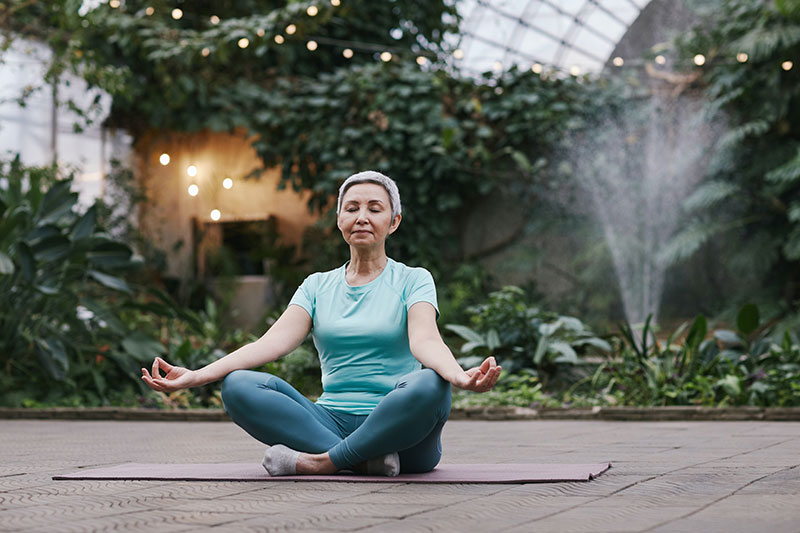
We can choose to be displaced from our home and separated from our family for school, employment and personal growth. Even when we make this choice there is a sadness and a sense of loss. However, for too many children and adults, displacement comes with no choice and is surrounded by violence and destruction. War, abuse, deployment, deportation, imprisonment, natural disasters, and other situations create displacement which is beyond our control and necessary for survival.
This forced and often violent displacement creates loss, trauma and grief which is deep rooted and long lasting. To heal from this type of experience is possible but takes both time and intervention.
Children, adults, families, and communities are changed forever. The experience of the displacement re-shapes their perception of interactions, relationships, and their world. Trust in people, leadership and systems is shaken and often destroyed. A survival mentally and behavior understandably can and may occur.
To support people experiencing displacement the following activities will assist in beginning the process of creating positive mental health and healing. Our human nature drives us to stabilize unstable situations even in the most dire and dangerous conditions. These actions can be offered by anyone in any displacement situation to begin the creation of positive mental health and healing.
- If possible, keep with you /your family items which hold meaning and bring comfort This is especially important for children/youth
- Implement stress reducing techniques and activities such as deep breathing, meditation, prayer, singing and other comforting activities. These help both mental and physical health
- Establish and maintain schedules and routines similar to those prior to the traumatic event as possible. This helps us feel more in control and offers some predictability even in out-of-control situation.
- Establish and continue contact with family members and friends often and in any way possible
- Focus on meeting basic needs initially; food, shelter, clothing, hygiene, personal contact, routines/schedules to establish a type of order in an out of order situation. This helps control anxiety/fear and fosters positive mental health
- After basic needs and routines are implemented and maintained then focus can be turned to problem solving and planning for the more immediate future.
You never know how strong you are, until being strong is the only choice you have. Bob Marley
Click here for Article PDF

 Donate Today
Donate Today